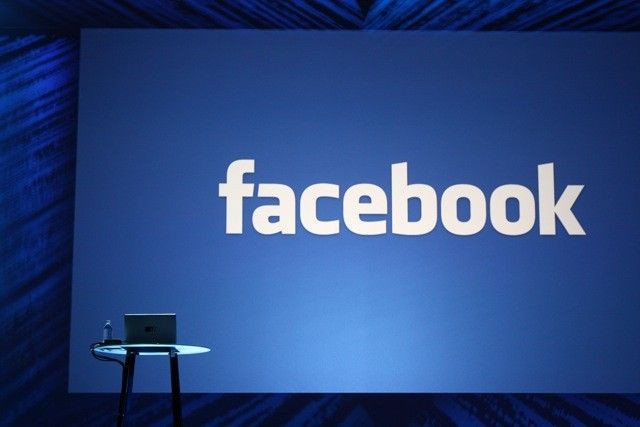Facebook: 5 Bullish Reasons To Watch In Next Week

More than a month after the initial public offering of Facebook (Nasdaq: FB), the No. 1 social networking site, investors ought to be on the alert for several bullish signs.
Despite the collapse in the value of the Menlo Park, Calif., website to only $68 billion from $104 billion on May 17, when it sold 641 million shares, Facebook shares rose 24 cents in Thursday's market plunge.
Facebook shares rose nearly 4 percent on Friday, closing at $33.05, after trading as high as $33.45. Indications are that they will keep rising.
Still, the current price is a huge discount to investors who bought them at the $38 offering price and the $42 the first outsiders paid when trading began May 18. Facebook closed at $38.23 that day.
Here are five reasons to be bullish on the company:
Facebook is likely to be added to stock indexes as of July 1. People who make these decisions at Standard & Poor's are likely to insert Facebook into the S&P 500 or S&P 1000 Indexes as of July 1, simply because of the company's market capitalization.
Also, some companies have vanished in the first half, either by acquisition, like Motorola Mobility Holdings, or going private.
Because many big institutional investors like pension funds are required to buy stocks in one of the indexes, a Facebook pick will send managers buying.
More buy recommendations will come. Many investment firms have already recommended Facebook shares. On Thursday, Nomura Securities issued a buy rating with a $40 target price.
Under securities laws, though, the 33 underwriters of the Facebook IPO haven't yet published their recommendations. But the ban expires soon and it's more than likely that starting from lead underwriter Morgan Stanley (NYSE: MS) on down, there will be a torrent of buy recommendations.
Mechanics of the IPO will be blamed on Nasdaq. Congress, the U.S. Securities and Exchange Commission, state authorities and the Financial Industry Regulatory Authority are all probing what happened around 11 A.M. EDT on May 18 when Facebook shares started to trade on the Nasdaq exchange,owned by Nasdaq OMX Group (Nasdaq: NDQ).
So far, the problems haven't been explained, although Nasdaq CEO Robert Greifeld has said there were problems with computer servers. Greifeld wasn't even in New York but at Facebook headquarters when trading started.
The 30 minute trading gap between the first trades at $42 and their resumption may become as famous as the 18 ½ minute gap on the Watergate tapes from the trials of members of the administration of President Richard M. Nixon.
Facebook has received some good news. Various parties like comScore have reported Facebook members are spending more time on the site, which is a boon to advertisers. Advertisers like Ford Motor Co. (NYSE: F) and Coca-Cola Co. (NYSE: KO) have signed up, as have others in the past month.
Just before the IPO, General Motors Corp. (NYSE: GM), the No. 1 car maker, pulled its $10 million annual account.
Facebook has been smart. Facebook has stuck to its knitting, avoiding all comment on its share price, as suggested by New York brands expert Clive Chajet. Its lawyers have dealt with the class-action lawsuits; CEO Mark Zuckerberg and CFO David Ebersman have been silent.
Facebook has announced some new extensions, such as adding comments. It's in talks to settle a patent lawsuit with Yahoo (Nasdaq: YHOO), the No. 3 search engine. It might well report having passed the billion-member mark for the quarter ending June 30.
© Copyright IBTimes 2024. All rights reserved.






















